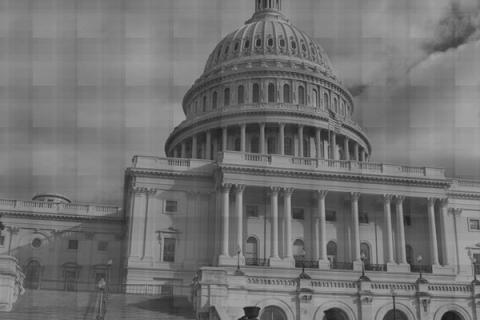A whopping 37 percent of Californians, or 12.1 million people, were uninsured for at least one month during 2007 and 2008, according to U.S. Census Data. Most were uninsured for at least six months, and 80 percent were in working families. Scary? Yes, but if Assembly Bill 23 passes, the numbers lacking the safety net they need will be far less daunting.
Proposed by Republican Assemblyman Nathan Fletcher and sponsored by state Insurance Commissioner Steve Poizner, the Bill would also allow people laid off from small businesses--federally defined as those with two to 19 employees--to qualify for the same subsidy available to those at larger firms. Currently, the federal government generously pays up to 65 percent of the health care premiums of workers who were employed by firms of more than 20 people, left their jobs after September 1, and retained health care benefits from their employers.
As an added bonus to broaden its reach, the bill would require health plans to notify families about the program's availability. Potential participants would have to apply for the subsidy by December 31, and--if deemed to qualify--would receive up to nine months of assistance.
There's no logical reason why those axed from smaller firms should be given unequal footing with those let go from places with more people. Unemployment in California has spiked to 10.5 percent, encompassing people from jobs of all nearly all sizes and fields, and there's a very good chance those numbers will grow even steeper. As most health care in the U.S. is acquired through one's place of work, there are bound to be more hapless individuals lacking the treatment, medically and politically, that they deserve.
But that's exactly where AB 23, which could benefit 60,000 to 10,000 individuals and families in California, steps in. Ideally, it can help alleviate stress to a system that "suffers from serious and pervasive problems," as President Obama aptly put the the state of U.S. health care.
It's by no means cheap. As the average monthly premium for an individual is $400, and $1,000 for a family, according to the Assembly Appropriations Committee, that's up to $400 million in federal funds. But the temporary price, which would likely come from the mostly yet-to-be-spent stimulus funds, is little to pay in comparison to the already deep stress jobless families face. Schwarzenegger is taking the right step by using $415 million from the stimulus package to aid the unemployed in their job hunting. Still, before they acquire one, it's vital that they--and their families, including their growing children who often require various routine vaccinations and check-ups--have the support to remain healthy. The economy is hurting, but ideally people an individual's most fragile asset--their health--doesn't have to be.
The U.S. as a whole is on the right path to rising from the health care rut it's been stuck in for many years. A new, formal Health Reform Office is going to attempt to "improve access to health care," and AB 23 appears a step closer--out of of many--to doing so.
Image
Image

Category